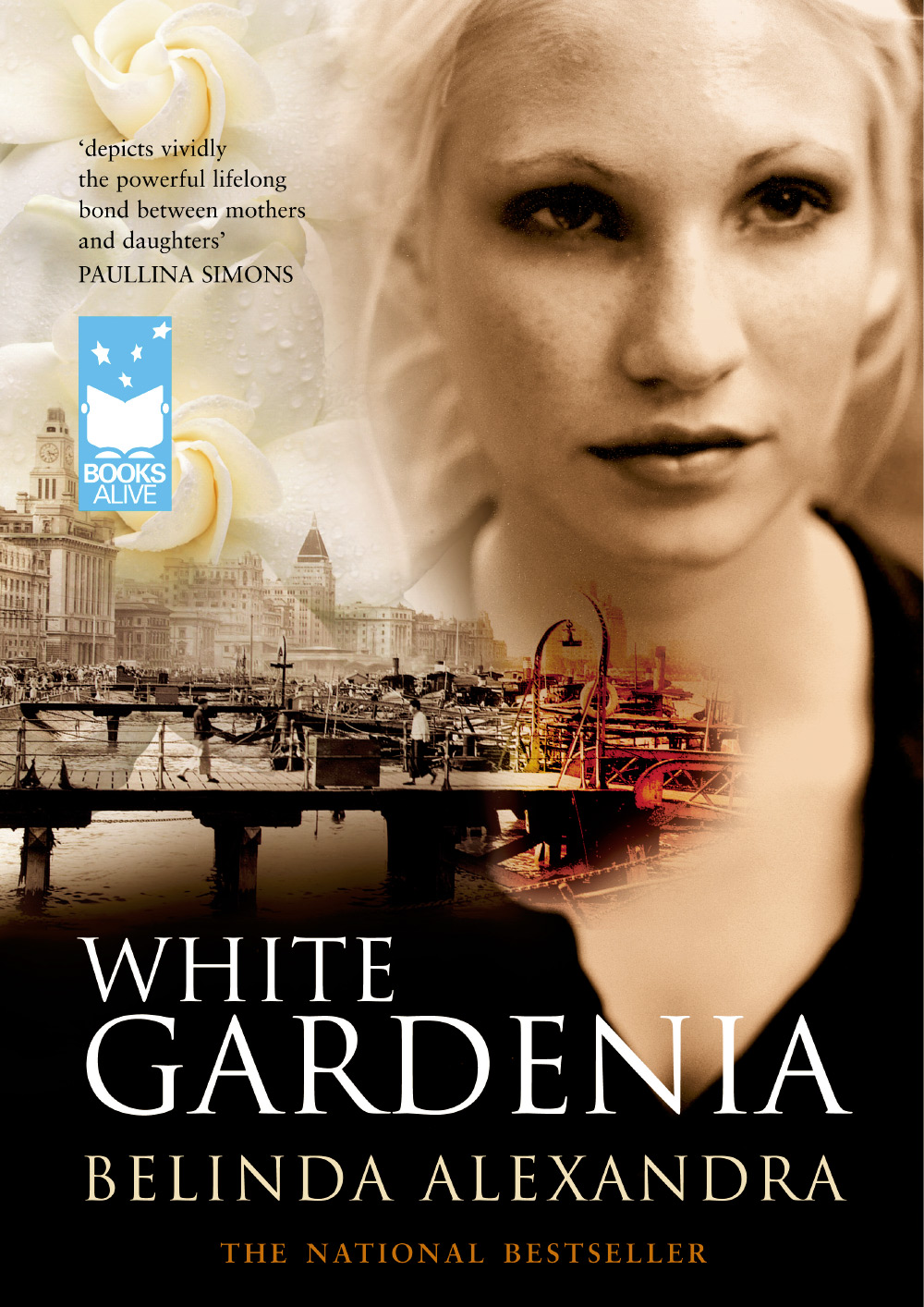Belinda Alexandra is the daughter of a Russian mother and an Australian father. She has lived in New York, California, Sydney and Melbourne. She has an MA in creative writing from the University of Technology, Sydney, and a BA in Asian studies from the University of California. She is currently studying French and jazz ballet while working on her next novel. Belinda lives in Turramurra, Sydney.
Belinda Alexandra’s new novel, Wild Lavender, will be published by HarperCollins in November 2004.








